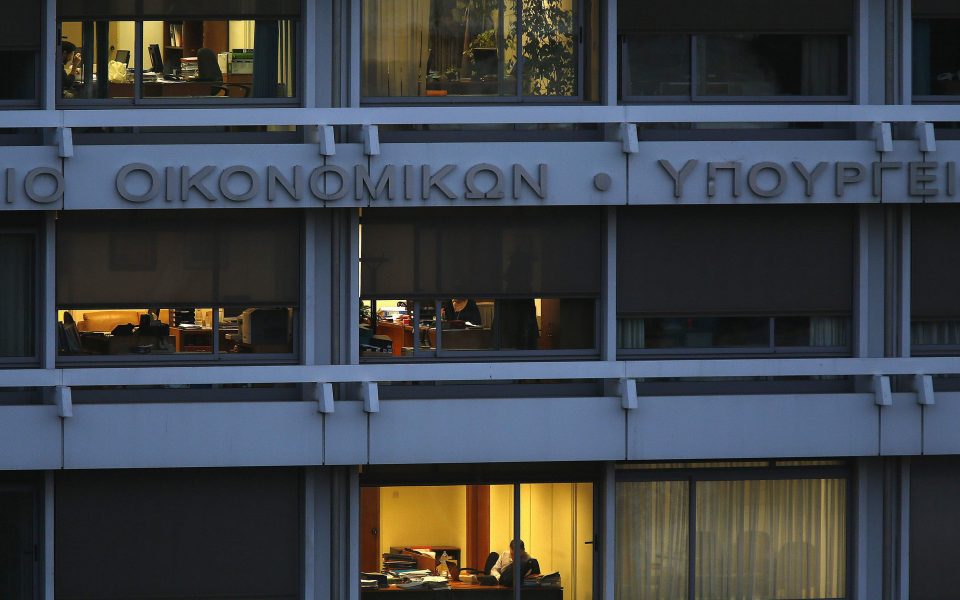Monitoring status to change in August
Athens expects that enhanced surveillance framework will expire in seven months’ time

Greece will emerge from its enhanced surveillance status as of this August, according to information and estimates from Greek and European sources.
The issue is to be discussed over talks for the 13th assessment of the Greek economy at the mission chief level on Tuesday and Wednesday that will assess Greece’s progress on its commitments and the measures the country must take before it exits its enhanced surveillance status, where Greece has been since the end of the bailout programs in August 2018.
The exit time appears to emerge almost by default, according to the sources: Next month Economy Commissioner Paolo Gentiloni will send his usual letter granting a six-month extension to the status. That leads to August, otherwise the exit would have to happen in February 2023, which neither side is partial to. After all, Finance Minister Christos Staikouras has publicly declared the government’s target for the emergence from enhanced surveillance within 2022.
Sources add that the Greek side will ask for preparations to start for the simultaneous disbursement of both remaining tranches from the profits eurozone central banks have from Greek bond holdings (SMP/ANFA). The first concerns the final assessment (the 14th), which is scheduled for April, and if there is an favorable review in May the disbursement will be approved by the Eurogroup in June. The second tranche has been outstanding since 2019 and may well be merged with the final one, for Greece to collect the sum of about 1.5 billion euros – the last support package – this summer.
The end of enhanced surveillance will not mean the end of assessments. Greece will graduate to post-bailout monitoring status, where all the other countries that have received support in the previous decade are (Cyprus, Portugal, Ireland and Spain), until it pays off at least 75% of its support, expected in 2059. Instead of inspections every quarter, the post-bailout monitoring has inspectors coming every six months.





